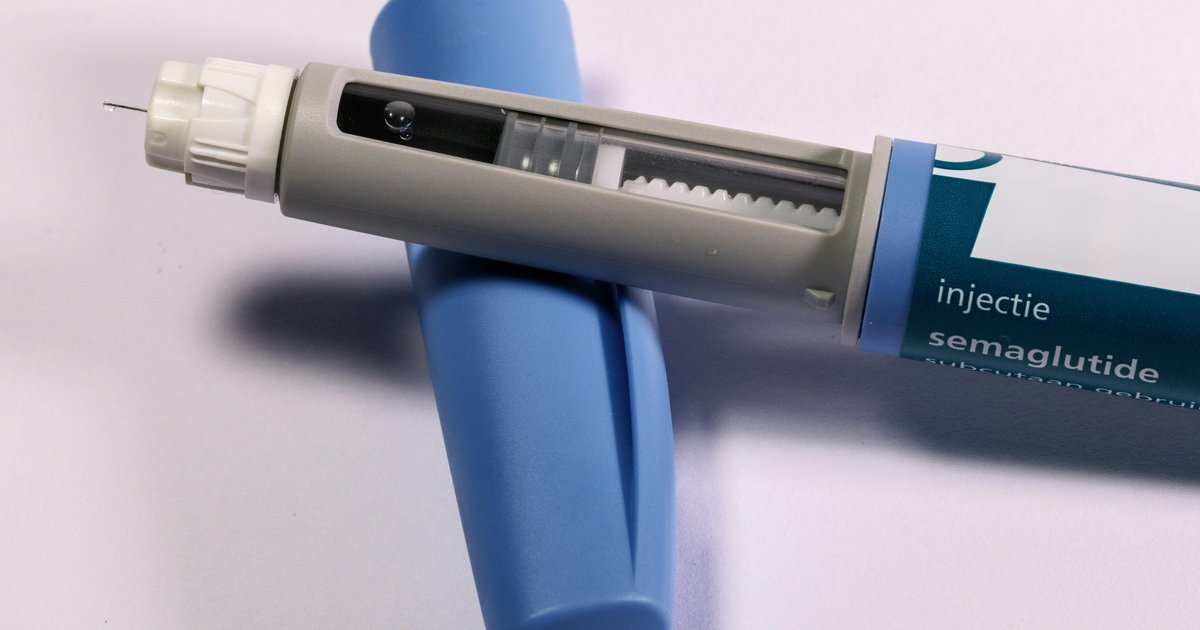A Kennett Square pharmacy must pay a $1 million civil penalty to resolve a state investigation that found it was producing and packaging thousands of doses of injectable weight loss drugs without undergoing inspections or receiving authorization, officials said Tuesday.
Boothwyn Pharmacy, located at 221 Gale Lane, had its license placed on probation as a result of the state’s probe into its compounding of GLP-1 drugs based off popular injectable brand names like Ozempic, Mounjaro and Zepbound. Cheaper, copycat versions of GLP-1s proliferated in recent years after the U.S. Food and Drug Administration temporarily permitted pharmacies to produce them to address shortages of the top brands’ active ingredients that help reduce cravings.
MORE: New Jersey sues Amazon for classifying its Flex delivery drivers as contractors
The FDA phased out allowing pharmacies to compound GLP-1s after it declared an end to the drug shortages for Mounjaro and Zepbound in October 2024 and for Ozempic in February of this year. The grace period to halt production of GLP-1 compounds ended in the spring.
Boothwyn Pharmacy started producing GLP-1s in September 2024, the Pennsylvania State Department said. Although compounding was still permitted at the time, investigators discovered the pharmacy was making the drugs in rooms that were not inspected at its main building in Kennett Square. The drugs were then taken to a second building for inspection, verification and packaging. The pharmacy also was verifying and labeling the drugs at the second building, which had not been inspected or approved for that use by the State Board of Pharmacy.
Investigators said Boothwyn Pharmacy compounded and distributed about 30,000 doses of injectable weight loss drugs without approval from the the state. During four state inspections of Boothwyn Pharmacy between November 2024 and March 2025, staff never informed inspectors that compounding was taking place or that the pharmacy was using an unlicensed building as a drug processing facility.
“With millions of Americans using GLP-1 weight-loss drugs, it is a top priority of the Shapiro Administration to protect the health and safety of Pennsylvanians by making sure these medications are produced in a safe manner,” Secretary of the Commonwealth Al Schmidt said in a statement.
Boothwyn Pharmacy is a compounding pharmacy that serves medical and veterinary practices and patients nationwide. The pharmacy said it has strengthened processes in response to the concerns raised by the state department and it is not aware of any patients having adverse effects from medications it compounded.
“We cooperated closely with the Commonwealth at all times and quickly addressed issues that were raised,” the company said in a statement.
The FDA has warned consumers about the risks of copycat versions of brand-name GLP-1 drugs. Some have been illegally sold online without prescriptions in recent years, raising concerns about impurities in drugs made at unlicensed facilities.
Unlike generic drugs, compounded medications do not undergo federal review for safety, effectiveness and quality. There are no generic versions of the top GLP-1 drugs, whose active ingredients remain under patent. Even after the FDA declared an end to the shortages that had allowed for widespread compounding of GLP-1s, some pharmacies continued producing them using regulatory workarounds that involved tweaking ingredients and adjusting the dosages available to consumers.
Boothwyn Pharmacy has entered a consent agreement with the State Department to address the violations found at its facilities. The pharmacy must pay the full $1 million civil penalty within a year and obtain inspection approvals from the Board of Pharmacy for all of its facilities. It must also prove it has obtained compounding accreditation before applying to be removed from its probationary status.
NOTE: This story was updated with a statement from Boothwyn Pharmacy.
